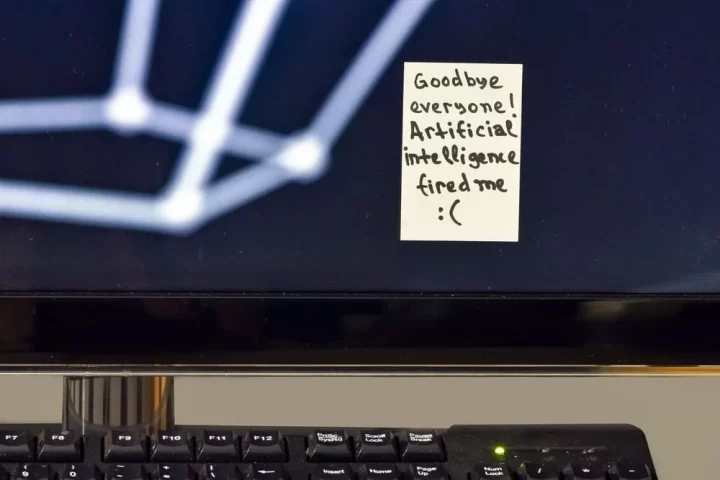As a new generation of students prepares for university, a pressing question dominates the conversation: in an age of rapid artificial intelligence advancement, what should you study to ensure a lasting and rewarding career?
The anxiety is understandable. Reports like one from the World Economic Forum predict that while AI and automation may displace 85 million jobs by 2025, they will also create 97 million new roles. The key to success lies in adapting and choosing a path that leverages uniquely human strengths.
So, which fields of study offer the most resilience and opportunity? The most future-proof majors are those that focus on what AI cannot easily replicate: empathy, ethical judgment, physical dexterity, and creative originality.
1. Healthcare and Nursing: AI Human Touch
While AI excels at analyzing medical data, it cannot replace the compassion and trust built between a caregiver and a patient. The human element in healthcare is irreplaceable.
- Why it’s resilient: Roles in this sector require high levels of interpersonal interaction, ethical decision-making, and hands-on care. An aging population continues to drive demand, with the U.S. Bureau of Labor Statistics projecting healthcare and social assistance to account for 45% of all new jobs in the coming decade.
- The new reality: The most effective future medical professionals won’t compete with AI; they will use it as a tool to enhance their own expertise, focusing their energy on complex diagnosis, patient communication, and emotional support.
2. Education and Human Services: Mentorship and Guidance
Teaching is far more than transferring information. It involves inspiring students, managing classroom dynamics, providing mentorship, and adapting to individual learning needs—all areas where AI lacks nuance.
- Why it’s resilient: These roles demand deep emotional intelligence, contextual adaptation, and a level of accountability that machines cannot provide. Global initiatives will require millions of new teachers by 2030.
- The new reality: The educational model is shifting from a one-way lecture to a Socratic dialogue. Students and educators are becoming co-creators in the learning process, with AI serving as a resource, not a replacement for human guidance.
3. Skilled Trades: Masters of the Physical World and AI technology
AI may be able to write code, but it cannot yet fix a leaking pipe, rewire a building, or repair a roof. The physical dexterity, problem-solving, and on-the-spot improvisation required in trades are a significant barrier to automation.
- Why it’s resilient: These jobs operate in unpredictable physical environments that are incredibly difficult and expensive to automate. With a significant portion of the workforce retiring, a skilled labor gap is emerging in many regions.
- The new reality: Success in the trades will increasingly pair traditional craftsmanship with technological literacy. The most successful tradespeople will be those who can leverage new tools and possibly run their own businesses.
4. Creative Arts and Design: The Origin of AI Ideas
AI can generate images, music, and text based on existing patterns, but it lacks true understanding of culture, emotion, and original intent. It remixes; it doesn’t invent with meaning.
- Why it’s resilient: Careers in design, writing, and the arts rely on taste, cultural literacy, storytelling, and creative intuition. For example, jobs in UX/UI design are projected to grow at three times the national average.
- The new reality: Creatives will evolve into curators, editors, and strategic directors. AI becomes a new kind of brush or instrument—a powerful tool in the hands of a human artist who provides the vision and purpose.
5. Interdisciplinary Studies: The Connectors
The future belongs to integrators who can connect different fields. The ability to understand technology through the lens of ethics, law, or social science will be critically valuable.
- Why it’s resilient: Complex problems require systems thinking and the ability to navigate ambiguity. There is growing demand for professionals who can bridge domains, such as combining policy with AI or law with technology.
- ** The new reality:** Fields like philosophy, long considered impractical, are now essential for overseeing AI ethics and development. The most impactful innovators may be those who blend technical skills with deep humanistic knowledge.
Building a Future-Proof Career with AI
The common thread among these fields is their foundation in core human capabilities: judgment, curiosity, empathy, and creativity. Education is no longer just about acquiring knowledge; it’s about developing wisdom and the ability to learn and adapt continuously.
The goal isn’t to out-compete AI but to complement it. By choosing a path that focuses on these enduring skills, the class of 2025 can build meaningful careers that machines cannot replace.



